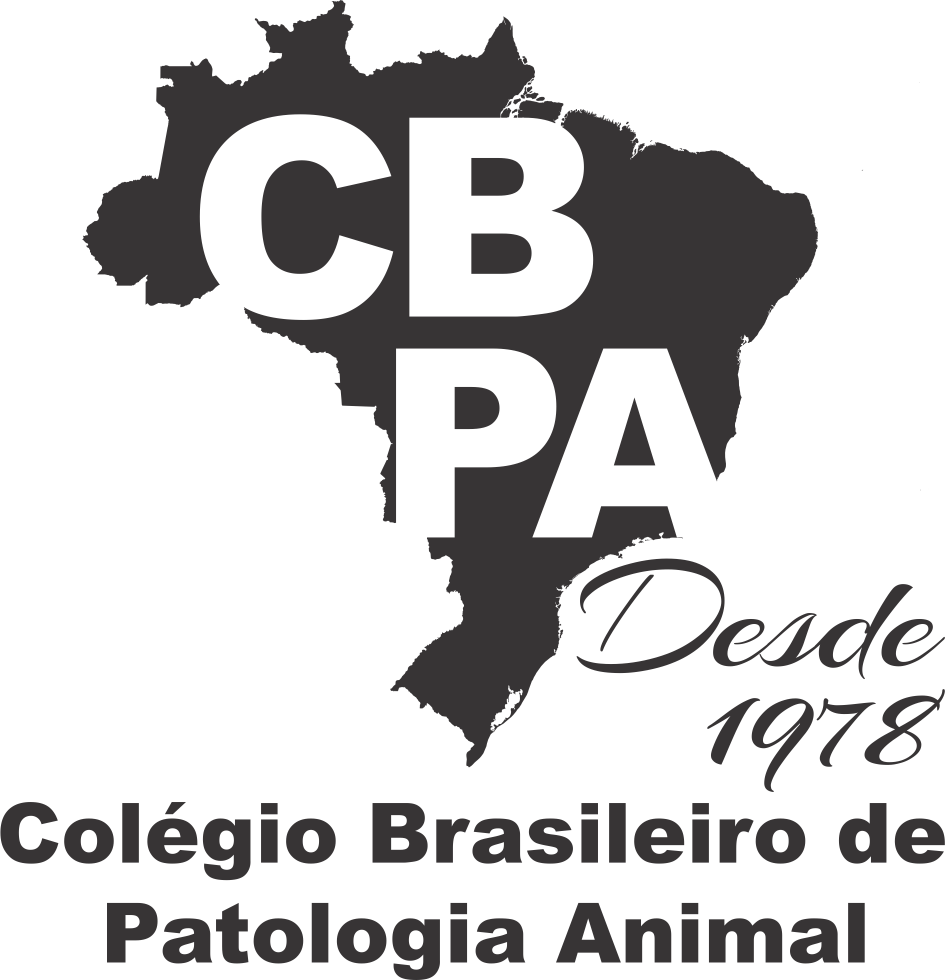Resultado da pesquisa (1)
Termo utilizado na pesquisa Provenzano G.I.
#1 - Distribution and prevalence of precipitating antibodies to Aujeszky's disease virus in swine herds in the State of Santa Catarina
Abstract in English:
A sero-epidemiological survey utilizing the plate immunodiffusion (ID) test for the detection of antibodies in the serum to Aujeszky's disease vírus (ADV) was performed in swine herds in the State of Santa Catarina. A total of 9303 sera were tested of which 6521 sera were obtained from 67 (89,3%) of 75 existing breeding herds in Santa Catarina distributed in 30 municipalities. Sixty four (1 %) of the latter sera belonging to six herds contained detectable antibodies, with clinical Aujeszky's disease (AD) being diagnosed in two of the herds. Similar ID tests performed on sera obtained from 377 young shoats from five of six Pedigree Testing Stations existing in Santa Catarina and distributed in five municipalities were all negative, while four infected boars were found of 19 tested in an Artificial Insemination (AI) Center. When the sarne testing procedure was applied to 2386 sera from 10 fattening herds located in four municipalities, antibodies were detected in 61 (2.6%) sera, all derived from three herds with history of AD mortality. It is concluded that ADV infection of breeding herds in the State of Santa Catarina is sporadic in nature, nonendemic, very restricted in distribuition and presently under contral, due to the surveillance program recently implemented. The finding of infected animals of european origin in an AI center shows us the weakness of our internatinal sanitary police and the dangers involved in the importation of foreign stock. More work is needed to determine the real prevalence and distribuition of ADV in fattening herds.
Abstract in Portuguese:
Foi realizado um inquérito soro-epidemiológico utilizando-se a prova de imunodifusão (ID) em placa para detectar anticorpos para o vírus da doença de Aujeszky (VDA) em rebanhos suínos no Estado de Santa Catarina. Foram testados 9303 soros, dos quais, 6521 foram obtidos de 67 (89,3%) plantéis de reprodutores dos 75 registrados na Associação Catarinense de Criadores de Suínos, distribuídos por 30 municípios, encontrando-se 64 (1 %) soros, pertencentes a seis plantéis, com anticorpos, verificando-se também a ocorrência da doença de Aujeszky (DA) em dois desses seis plantéis. Provas de ID similares realizadas em soros obtidos de 377 cachaços jovens, de cinco das seis Estações de Testes de Reprodutores Suínos existentes em Santa Catarina, distribuídas por cinco municípios, foram todas negativas, enquanto que foram detectados quatro (21 %) reprodutores infectados de 19 testados numa Central de Inseminação Artificial (IA). Quando a mesma prova foi aplicada a 2386 soros de 10 plantéis de terminação, distribuídos por quatro municípios, anticorpos foram detectados em 61 (2,6%) soros, todos obtidos de três plantéis com histórico de mortalidade devida à DA. Concluiu-se que a infecção de plantéis reprodutores com a VDA naquele Estado é esporádica, não endêmica, muito restrita em distribuição e atualmente sob controle, devido ao programa de vigilância recentemente implatado. O achado de reprodutores infectados de origem européia numa Central de IA demonstra a fraqueza de nosso policiamento sanitário internacional e os perigos de importações de material genético para fins de melhoramento. Mais pesquisa é necessária para determinar a real prevalência e distribuição do VDA em plantéis de terminação.









